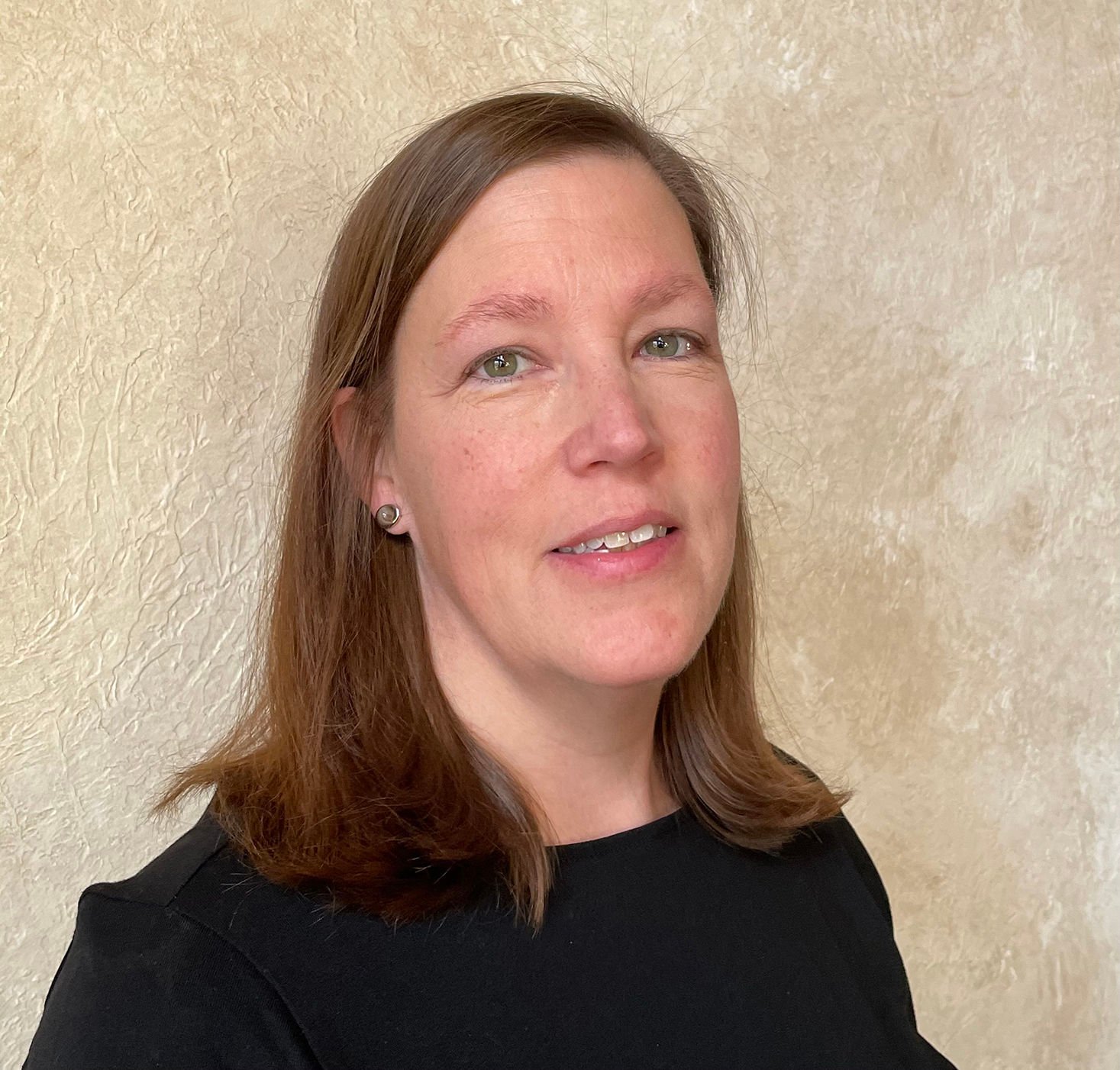
I think most people would agree that our country and our world is being torn apart by anger, division, hate and strife. According to the Clean Speech movement, the way we speak is both the problem and the solution.
The Clean Speech movement began in Colorado with Rabbi Raphael Leban, who launched the program in 2019. Leban became distressed at the increasingly angry discourse he observed in real life and online.
Since 2019, more than 50,000 people in the U.S. and across the globe have participated. The idea began to embrace the ancient Jewish principle of shmiras halashon, or "guarding the tongue." The goal is to teach people to use their words wisely.
For 30 days, which started March 1, participants were encouraged to take a few minutes a day to think about mindful speech and focus on uplifting positive speech. Every morning a short video lesson and action item arrives in your email inbox.
Clean Speech is chock-full of lessons about judging people favorably, talking about the idea and not the people, and walking away from a conversation if the speech becomes negative. The movement also reminds participants that the Bible tells us to "Love your neighbor as yourself" and to think about the words you are about to say and ask yourself, would I want someone to say that about me? If the answer is no, then don't say it.
Perhaps the most important takeaway from the month of clean speech was learning to be mindful of the power of words and to recognize that negative speech can hurt others.
Negative speech to an extreme is propaganda. Propaganda is the dissemination of information, whether it be facts, arguments, rumors, half-truths or lies, to influence public opinion. Most propaganda seeks to vilify another person or group of people. We can see and hear examples of propaganda in real time with Russian President Vladimir Putin.
While I think the Clean Speech movement is helping individuals change their personal behavior, I developed an impatience or frustration that society cannot seem to clean up speech on a grander scale.
Clean Speech is clear that the goal is not to muzzle free speech. I am not suggesting that either. Incentives that are in place for media and social media tend to reward negative speech. This contributes to the spread of disinformation and polarization, exacerbates divisions, and encourages a sense of social grievance.
One remedy, while we wait for the incentives to change, is to hold each other, our leaders and organizations accountable for negative speech. Here are two examples, one big and one small, of individuals holding their colleagues accountable for their negative speech:
Clean Speech is teaching communities how to be mindful with their speech and build a more positive, respectful and peaceful world, which is sorely needed.
(COMMENT, BELOW)
Previously:
• 05/05/22:Give peace a chance in America's culture wars
• 05/03/22:Remembering the struggles of Ulysses Grant
• 04/16/22: Shoring up American democracy with a corporate spirit
• 03/18/22: Standing for values instead of personalities
• 02/28/22: The monster that ate time
• 08/16/21: The No. 3 Dem in House recognizes dangers of caving to the far left
Lynn Schmidt
St. Louis Post-Dispatch
(TNS)


 Contact The Editor
Contact The Editor
 Articles By This Author
Articles By This Author